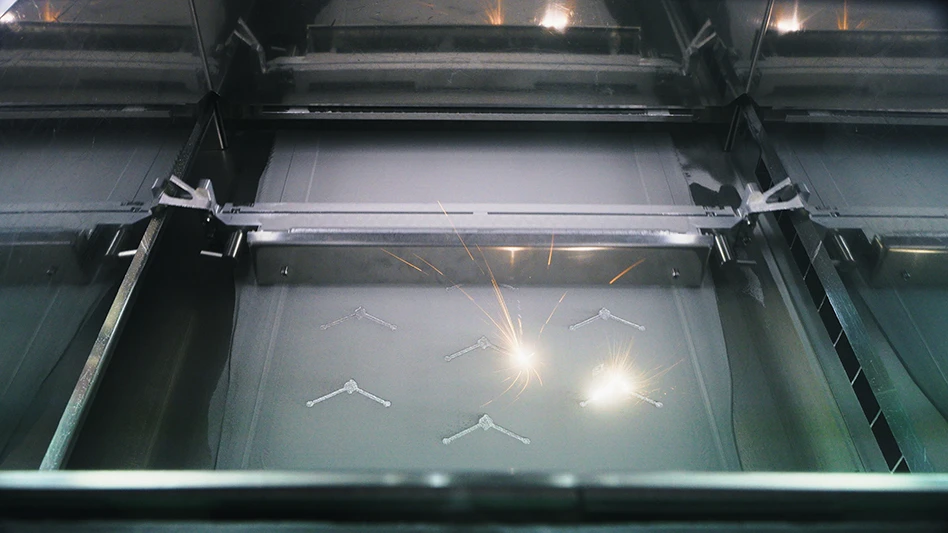
Cleveland Clinic Innovations, the commercialization arm of Cleveland Clinic, turns medical inventions into patient-benefiting technologies ranging from medical devices and health information technology (IT) to therapeutics and diagnostic solutions. Because innovation is key in advancing medical care, for the past 16 years Cleveland Clinic Innovations has hosted the annual Medical Innovation Summit, an event that explores the latest in healthcare innovations, challenges, and opportunities. Past Summit topics have ranged from obesity, diabetes, genomics, and personalized medicine to cardiovascular and orthopedic advancements. This year’s topic – To Good Health: The Future of Prevention and Population Health – looked beyond hospital-based care, focusing on illness prevention.
While it may seem odd that a medical center is approaching healthcare with the goal of keeping patients out of its facility, it’s happening because of data. Technology enables the collection of vast amounts of data from sensors and biomarkers in healthy populations, resulting in new technologies and approaches to patient care. Embedding biosensors within medical devices transforms them from passive, static instruments into devices with dynamic, adaptive features that collect data in real-time, offering the potential to improve device performance and healthcare outcomes; similar to how manufacturing is using data to improve production.
In manufacturing, advanced analytics enables a deep dive into historical process data to identify trends – even among the most discrete processes – to optimize those factors having the greatest effect on production. With this wealth of real-time shop floor data, and the ability to run sophisticated statistical assessments, previously isolated data sets now reveal important insights and opportunities to improve manufacturing efficiencies and product precision.
The value of data collected from a medical device or the shop floor is insignificant until there’s action, which leads back to the theme of this year’s Medical Innovation Summit that examined the prevention of illness by using data.
At the end of the Summit, the Top 10 Medical Innovations for 2019 list was released revealing that data plays a role in some technologies predicted to enter the market:
AI in healthcare – Process unlimited amounts of unstructured data, artificial intelligence (AI) programs turn images and words into intelligible information and the analysis and organization of this raw data is helping healthcare professionals better interpret patient data to deliver better care.
3D-printed patient-specific products – Data from various compassionate use-cases of 3D-printed implants support customization for improving patient outcomes, paving the path for tailor-made implants from patient data.
While doctors are using data, advanced analytics, and AI to deliver improved care to patients, what are you doing with data to develop capabilities and set yourself apart from competitors?

Explore the November December 2018 Issue
Check out more from this issue and find your next story to read.
Latest from Today's Medical Developments
- HERMES AWARD 2025 – Jury nominates three tech innovations
- Vision Engineering’s EVO Cam HALO
- How to Reduce First Article Inspection Creation Time by 70% to 90% with DISCUS Software
- FANUC America launches new robot tutorial website for all
- Murata Machinery USA’s MT1065EX twin-spindle, CNC turning center
- #40 - Lunch & Learn with Fagor Automation
- Kistler offers service for piezoelectric force sensors and measuring chains
- Creaform’s Pro version of Scan-to-CAD Application Module





